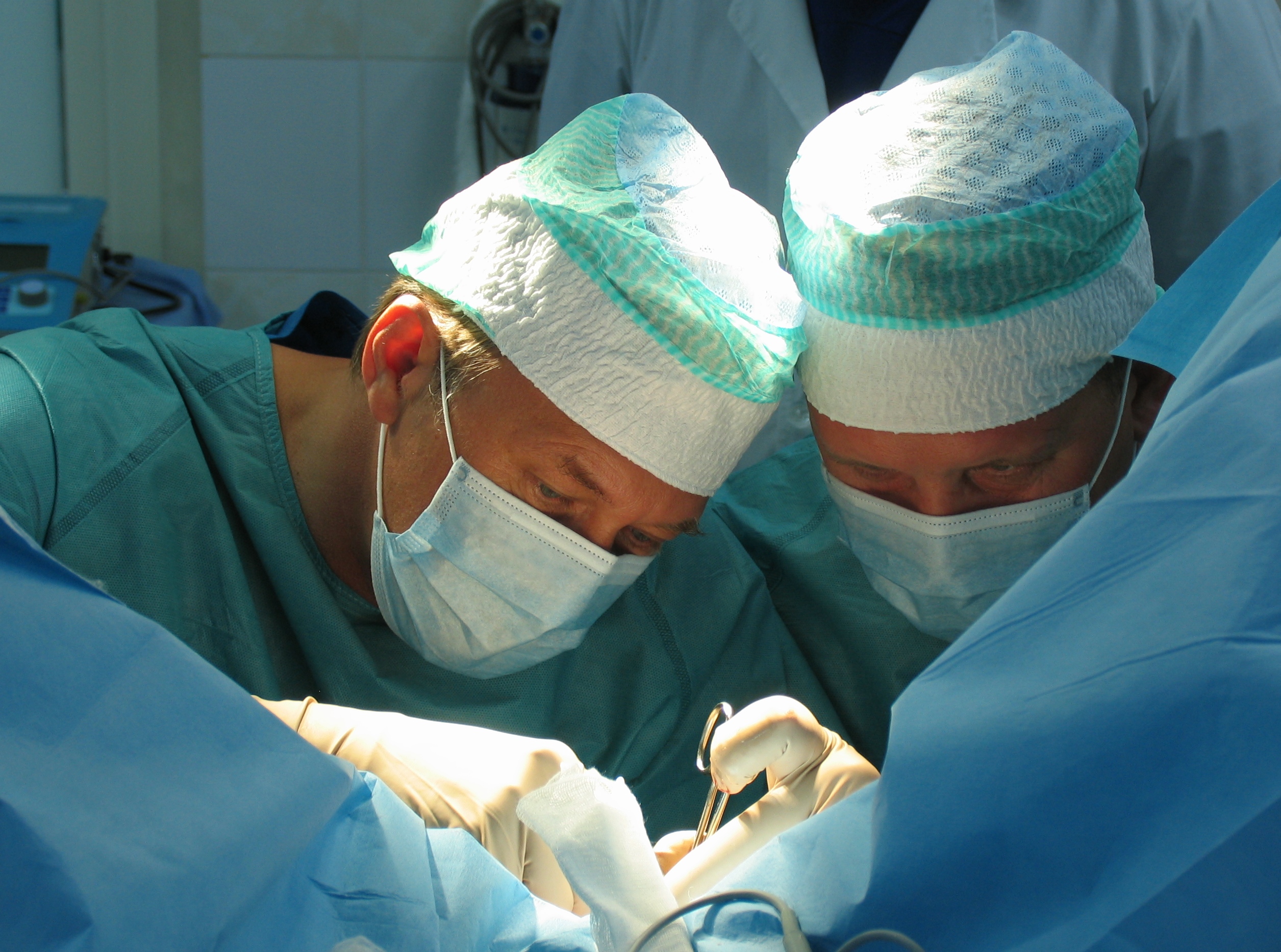Treatment methods

If the disease is severe or shows signs of liver damage, liver transplantation may occur. In this surgery, the diseased liver is replaced with a healthy liver from a donor.

Specialists prescribe medications to reduce inflammation and slow the progression of fibrosis. Examples of such medications include antioxidants, anti-inflammatory drugs, and liver-protective drugs.
In the initial stages of liver fibrosis, discomfort and pain in the abdomen may occur. Some patients experience weight loss partly related to loss of appetite, general digestive disturbances, or anorexia.
Fibrosis of the liver can lead to high blood pressure, which can cause swelling and fluid buildup in the abdomen (ascites). As fibrosis progresses to cirrhosis, symptoms of jaundice may appear, including a yellowish tint to the skin and sclerae.
When the liver is monitored, there are problems with blood clotting, which can lead to a tendency to bleed. Itchy skin can result from the accumulation of toxins in the blood due to insufficient liver function. Liver function during digestion can be impaired, leading to symptoms such as vomiting or diarrhea.
Diagnosis at MDI Clinic
The physician collects a history and examines patients. It is important to report symptoms such as abdominal pain, loss of appetite, or weight changes.
Blood tests can determine biochemical markers, liver enzymes (ALT, AST), bilirubin, protein, and other indicators of liver function. Elevated levels of these markers may indicate the presence of liver damage.
Ultrasound can help assess the size and structure of the liver, as well as detect signs of portal hypertension (increased pressure in the portal vein). is an invasive procedure in which a small sample of liver tissue is extracted with a needle and then analyzed for fibrosis and other changes. Biopsy is the “gold standard” for diagnosing fibrosis, but it can be involved.
The best doctors in Israel
All doctorsPrice
How we are working
-
StepSubmitting an application

Simply leave a request or contact us at the numbers in the contact tab.
-
StepTalking to a counselor

You will be contacted by our consultant shortly after submitting your application. After the interview and review of the medical history, he will proceed to prepare a treatment program.
-
StepProgram preparation

Our specialists will draw up a personalized program, including a diagnosis and treatment schedule, the names and positions of the doctors, and the cost of treatment.
-
StepTravel arrangements

The coordinator will plan and organize the trip in every detail – from advice on preparing documents, to purchasing tickets, booking accommodation and even organizing excursions.
-
StepTreatment

Our staff will provide patient support throughout the diagnosis, treatment and rehabilitation period.

Форма обратной связи
"*" indicates required fields


















